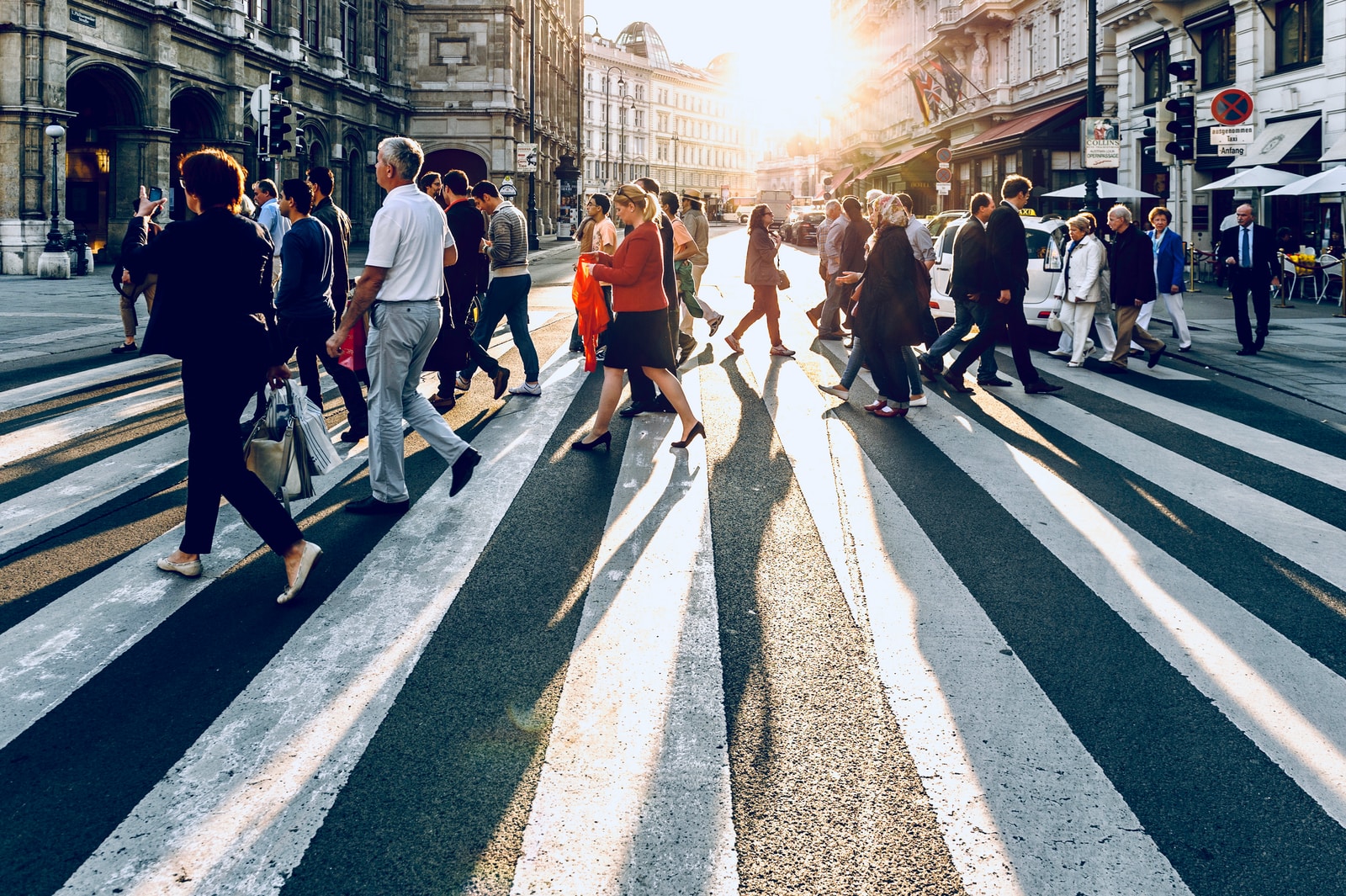It can be overwhelming to think about the environment and the consequences of climate change. For many, it’s hard to imagine how they could possibly make a difference. Conversations around reducing their carbon footprint conjures up images of living “off the grid,” or cycling 30 miles to work. But the truth is that small changes can have a big impact. Here are six simple behavior changes you can make today.
STAY INFORMED
More than 8 million metric tons of plastic ends up in our oceans every year. It is estimated that by 2050, there will be more plastic than fishes in the sea.*
*https://www.aquariumbcn.com/en/blog/conservation-and-sustainability/water-bottles-in-the-sea-the-big-threat-facing-the-oceans/
Stop warming up or idling in your car.
We get it. Connecticut winter mornings are cold. But letting your car idle for more than three minutes is both against the law and a major contributor to pollution. Plus, it consumes extra fuel and costs you money!
Turn down the thermostat.
Don’t have a smart thermostat? Don’t let that keep you from turning the temperature down in the winter and up in the summer. A difference of just one degree can make a meaningful difference in your heating/cooling bill.
Reduce junk mail.
Consumers can opt out of receiving unsolicited commercial mail from many national companies for ten years at a time. Visit the Connecticut Department of Consumer Protection to learn more.
Register for emergency alerts.
Westport uses the Nixle Community Notification System to alert residents and businesses in real time about local emergency situations and community advisories. In addition to traffic and weather-related alerts, you will receive information, such as drinking water contamination and gas leaks. Protect yourself by staying informed.
Turn out the lights.
When you leave the room, be sure to turn off the lights. It’s a small change in behavior that can make a big difference in your energy bill. It will also help to reduce light pollution – the excessive use of artificial light – that has negative effects on humans, wildlife and our climate. If you’re not familiar with the effects of light pollution and the Dark Sky movement aimed at reversing it, visit the International Dark-Sky Association.
Refuse single-use disposables.
Disposable single-use products pollute our waterways, lie in landfills and waste significant resources. Opting for reusable containers reduces waste as well as greenhouse gas emissions that contribute to climate change. Choosing a reusable water bottle, for example, is a behavior change that’s easy to implement and makes a big difference.
TIP
Focusing on one behavior change at a time leads to long-term success.
